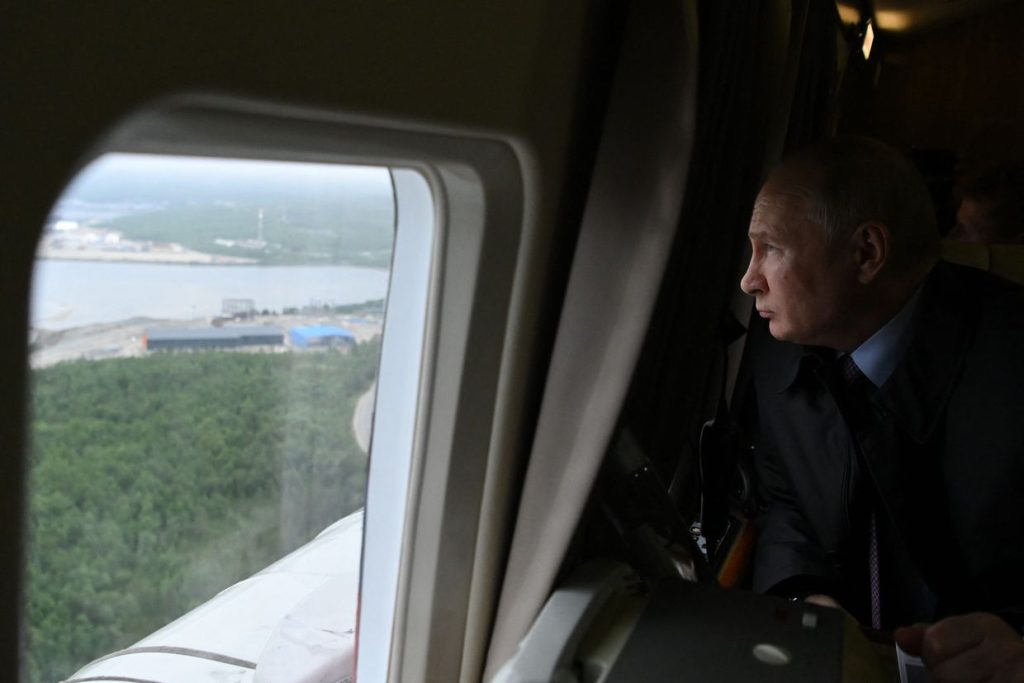The Helsinki Commission, a bipartisan committee dedicated to promoting democracy and human rights in post-Soviet states, is urging the U.S. to reassess its approach to Russia and recognize Moscow as a persistent threat to global security. The commission’s report suggests a major shift in Washington’s strategy towards Russia, similar to recent changes in relations with China, and recommends allocating resources accordingly. An essential part of this proposed strategy is ensuring Ukraine’s victory in its conflict with Russia, advocating for significant military and humanitarian aid to Kyiv and supporting the use of U.S.-supplied weapons for strikes deep inside Russia. These recommendations contrast with the views of former President Trump and his allies, who have favored a more diplomatic approach to Russia.
The report emphasizes the need to address Russia’s nuclear threats with sound reasoning and a clear plan to counter potential risks of nuclear attacks. By advocating for a shift in how policymakers view Russia, the commission aims to steer away from treating the country solely as a superpower or near-peer to the U.S. based on its nuclear arsenal. The commission urges against letting fear dictate policy decisions and encourages a more engaged approach with global allies, particularly those facing Russian aggression and manipulation. This stance challenges the increasing trend of isolationism, especially within the GOP.
The Helsinki Commission’s recommendations conflict with the perspectives of former President Trump, the Republican nominee, and his allies, who have advocated for reducing spending on European security and pursuing direct negotiations between Ukraine and Russia. The report calls for a more robust response to Russia’s actions, including support for Ukraine’s military efforts and a clear plan to address potential nuclear threats. By urging policymakers to view Russia differently and emphasizing the importance of strong alliances, the commission’s report aligns with a more proactive and engaged approach to countering Russian aggression and coercion.
The report’s call for a major reassessment of Washington’s strategy towards Russia highlights the commission’s belief that the U.S. should no longer view Russia as a superpower or near-peer solely because of its nuclear capabilities. Instead, the commission advocates for a more nuanced approach that considers Russia as a persistent threat to global security that must be addressed through a combination of military, humanitarian, and diplomatic measures. By emphasizing the importance of supporting Ukraine and engaging with global allies, particularly those facing Russian aggression, the report aims to counter the rising trend of isolationism and promote a more proactive and collaborative approach to addressing security challenges posed by Russia.
In summary, the Helsinki Commission is urging the U.S. to rethink its approach to Russia and officially recognize Moscow as a persistent threat to global security. The commission’s report calls for a significant shift in Washington’s strategy towards Russia, emphasizing the need to support Ukraine in its conflict with Russia and address potential nuclear threats with a clear plan. By advocating for a more engaged approach with global allies and pushing back against isolationism, the commission aims to promote a proactive and collaborative response to Russian aggression and coercion. The recommendations of the report contrast with the views of former President Trump and his allies, highlighting a divergence in perspectives on how to address the challenges posed by Russia in the post-Cold War era.


